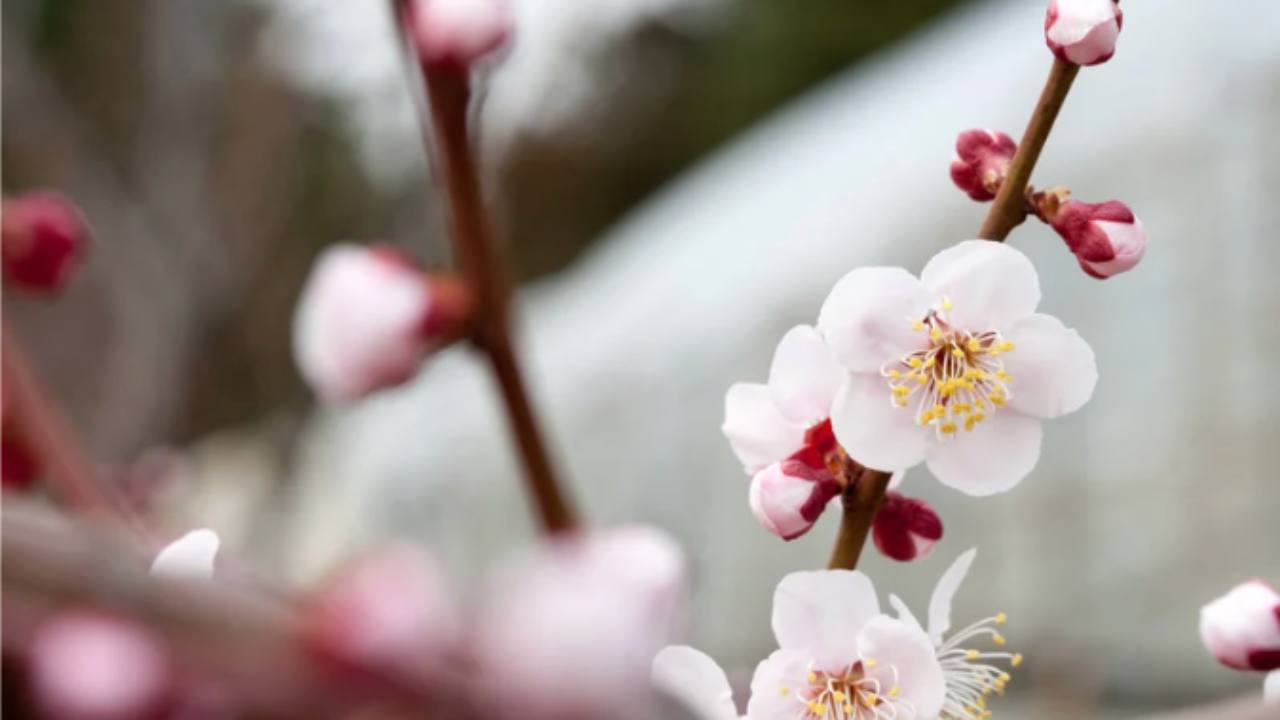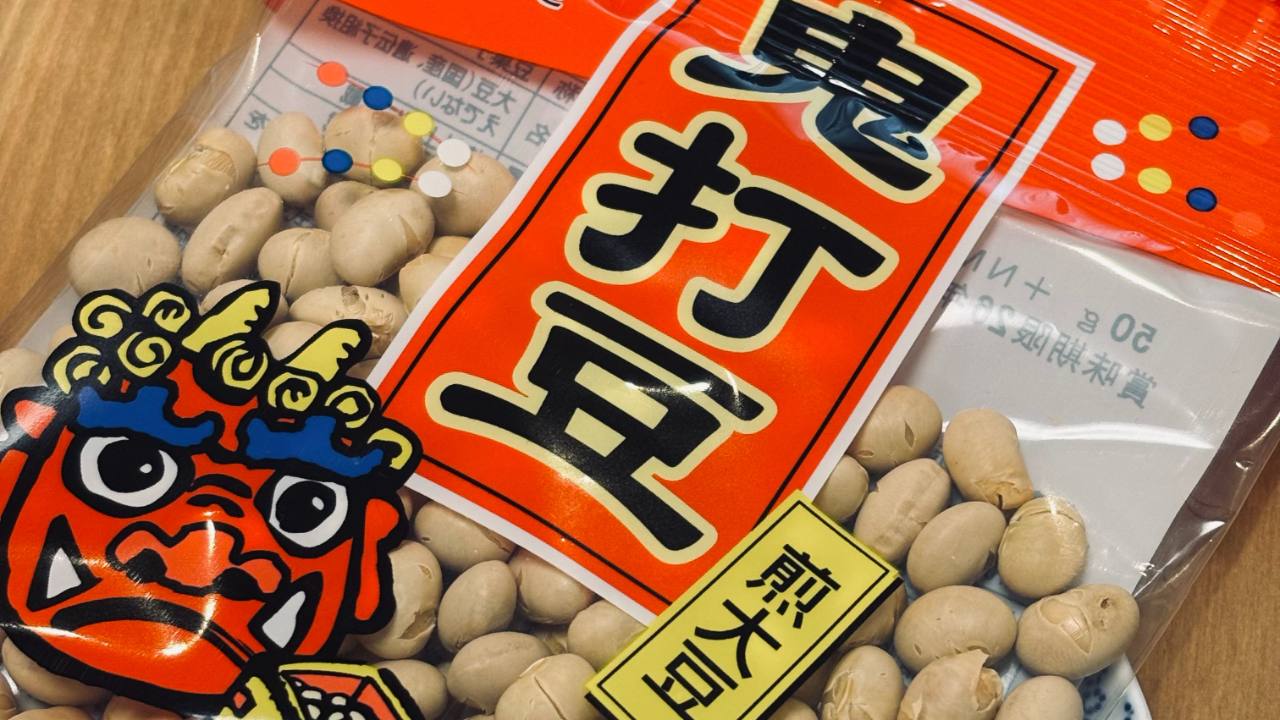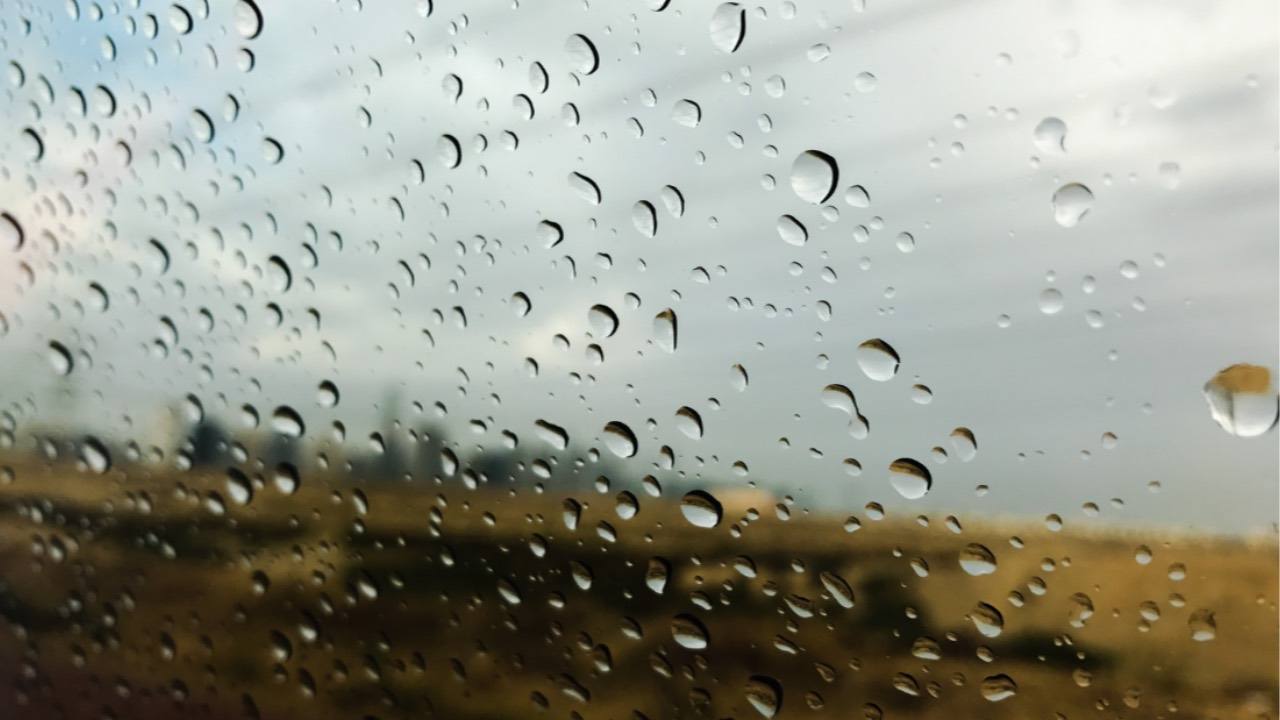 春の始まり/Beginning of spring
春の始まり/Beginning of spring
今日は暦の上では春の始まり、「立春」です。
正直、一年で一番寒い時期で、「春?どこ?」って感じですし、大雪が降っている地域もまだまだある時期なのですが、暦の上では春はスタートしているらしいです。
この「暦」というのは旧暦なので、昔の2月4日は今の2月4日ではなく、一月遅れの3月のことなので、ずれていても仕方がないのです。
でも、春が始まる、と聞くだけでちょっとワクワクしてくるから良しとしましょう。
昨日の「節分」が季節の区切り。昔は「立春」から新年が始まっていたとすれば、もし
今年の1月にたてた目標がもうどこかに行ってしまった・・・
全く実行できていない・・・
という人(はい!私です。)は、
今が新年だと思って再開できるじゃん!と良い方に考えています(笑)。
私は1月、数年ぶりにインフルエンザに罹ってしまい、あまり活動できなかったので、今月から再度スタートしようと思ってワクワクしてい...
 節分/Setsubun
節分/Setsubun
今日は節分です。節分は、豆まきをして鬼を追い払い、厄払いをする行事が有名です。
私の家では夕方になると炒った大豆を皿にのせ(伝統的には升に入れる)、「おにはーそと(鬼は外)」と大きな声で言いながら、家の外に向かって豆を投げ、「ふくはーうち(福は内)」と言いながら家の中に豆を投げます。
そして年齢の数だけ豆を食べて、一年の健康を願います。私のおばあちゃんは80個以上食べるのが大変そうでした!
翌朝、突然街中の道路や庭に豆が撒かれているのをスズメが発見し、大喜びで何羽も地面に降りてきて、チュンチュンチュンチュン豆を食べているのが面白いのです。家の中の豆は、まいた後自分たちで回収します(笑)。
もし明日の朝、日本を旅行していたら、道端に豆が落ちているかもしれませんよ。
Today is Setsubun.
Setsubun is best known for the custom of m...
 私の好きな日本/ The Japan I love
私の好きな日本/ The Japan I love
こんにちは。日本はもうすぐ「立春」(2月4日)。暦上は春が始まる時です。まだまだ寒いですが、もう春はすぐそこまでやってきているはず。
1年の始まりをこことする考え方もあって、2月から心機一転、新しい挑戦を始めてみようと思います!
「私の好きな日本」と題して、私が「こういうところが好きなんだよなあ」と思う日本のことを毎日ちょっとずつ発信していこうかなと考えています。伝統的な文化についての時もあるし、日常のちょっとした出来事や、普段ご飯食べながら考えたこととか、なんでも「日本ってこうなんだよなあ。そういうところが好きだなあ」って私が思うことを発信していきます。
もし「こういう話を聞きたい」というリクエストや、「これってどういうこと?」という質問があったらどんどんお答えしていくので教えてくださいね。
そしてそのキーワードをインスタグラムで書いていきますので、良かったら合わせてチェックしてみ...
 Newsletter from Iroha
Newsletter from Iroha


